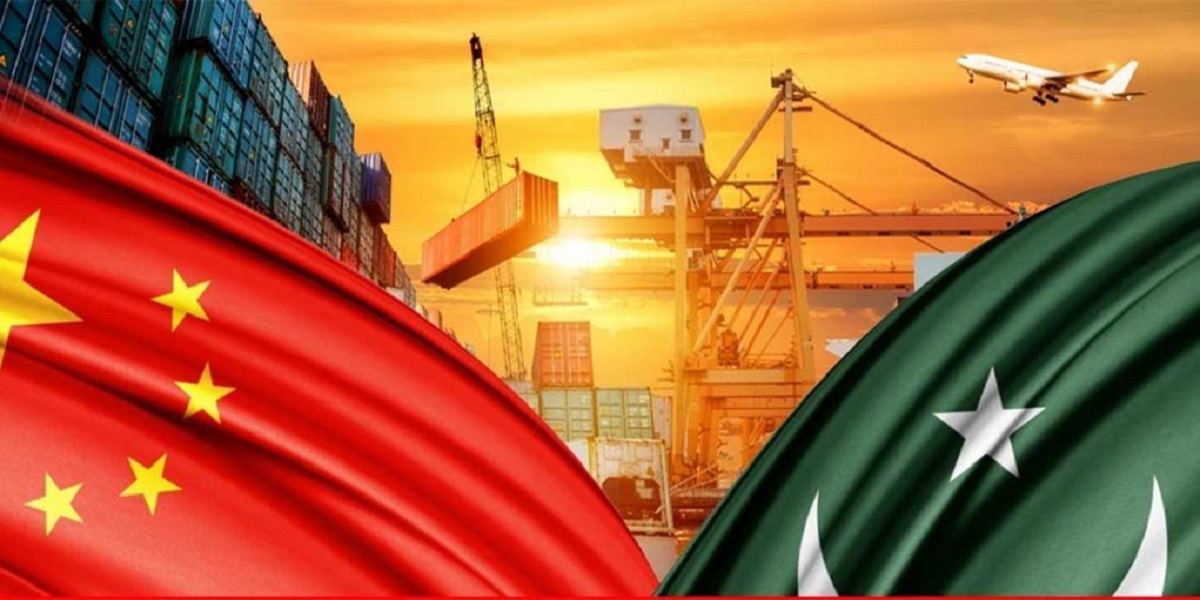
On Monday, Pakistan’s ambassador to Afghanistan revealed that Islamabad has discussed the inclusion of Afghanistan in the multibillion-dollar China-Pakistan Economic Corridor (CPEC) infrastructure project. He further revealed that regional connectivity has been an important element of Pakistan’s discussions with the new Afghan leadership, and that CPEC provides good opportunities for providing infrastructure and energy connectivity between the two countries, and also when it comes to connecting South Asia to the Central Asian region.
These are encouraging discussions as Afghanistan does a lot to offer when it comes to laying down a connectivity framework for the region. However, this is going to be a long-term endeavour which will require a lot of planning. At the moment however, the more pressing concern is the humanitarian crisis and economic collapse that could become a very real possibility given the ongoing situation in Afghanistan. While the US Treasury Department has issued licenses to facilitate humanitarian aid and financial assistance to Afghanistan, a lot more still needs to be done considering how the country’s assets and reserves remain frozen.
Another prerequisite to be achieved before grand visions of connectivity can be realised is that of security and stability. Given the presence of militant groups like the TTP and ISIS on Afghan soil, it is imperative that safe havens for such outfits are eliminated at the earliest as they will continue to imperil the stability of Afghanistan, Pakistan and other neighbouring countries.
A conducive environment for investment will be key if Afghanistan is to be integrated within the connectivity enterprise. Restoring some semblance of stability in Afghanistan will have far reaching positive implications for the region and its connectivity infrastructure. There are several stalled projects like the CASA-1000 power project and TAPI pipeline that could be resumed once the security situation improves. Until then, it will be important to remain engaged with Afghanistan to avert a humanitarian crisis from unfolding, and to ensure that the new government fulfils its commitments in the realm of human rights and fighting terror outfits.
Source: Published in The Nation


